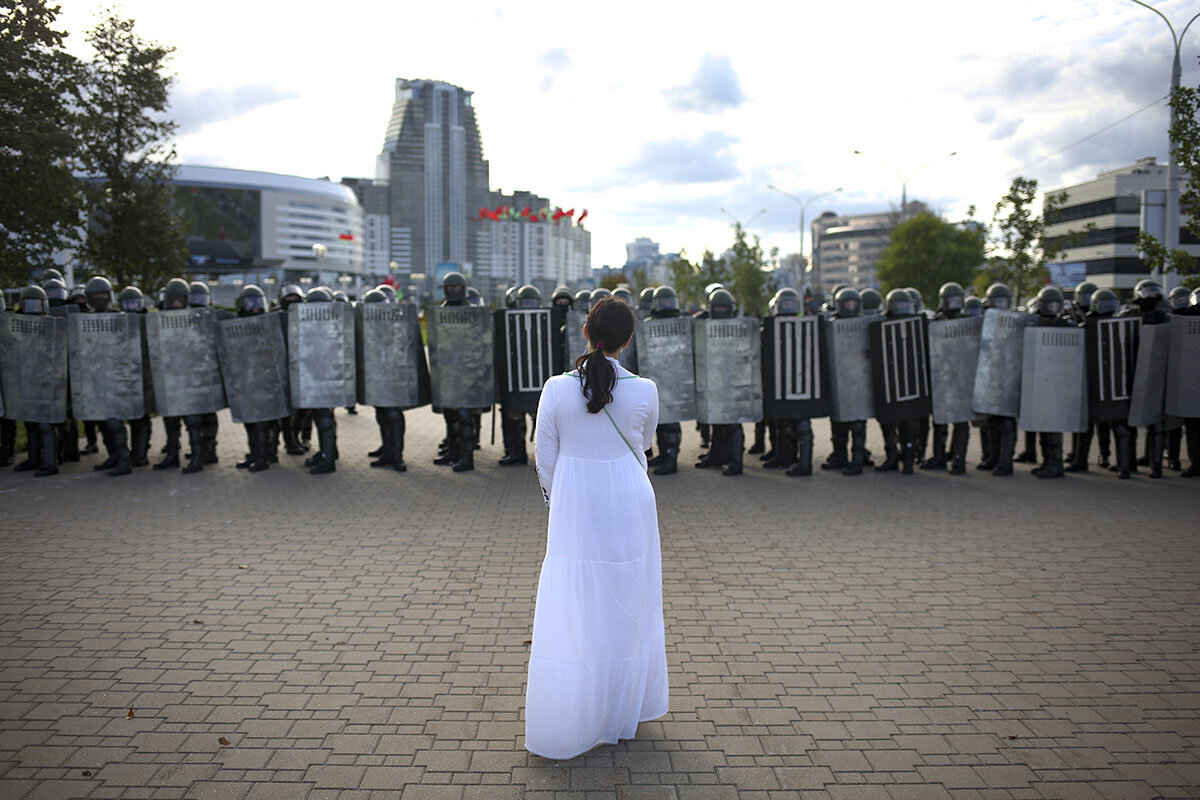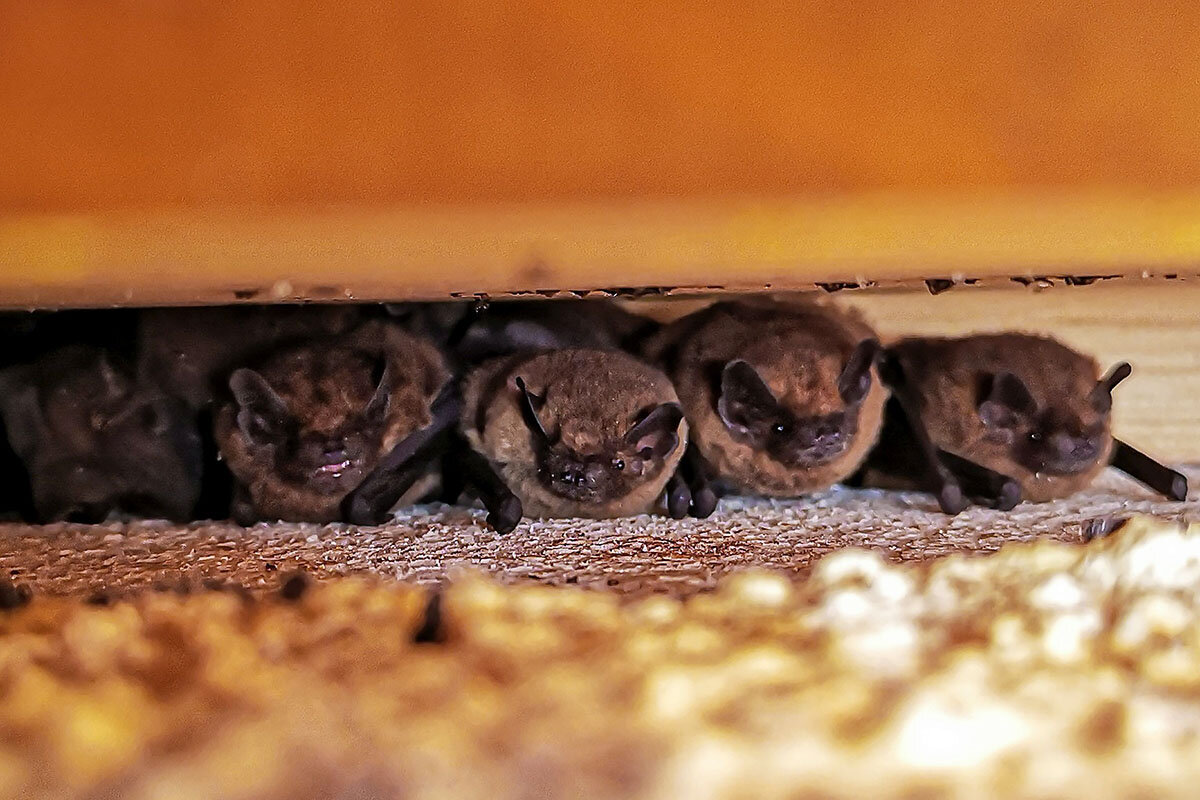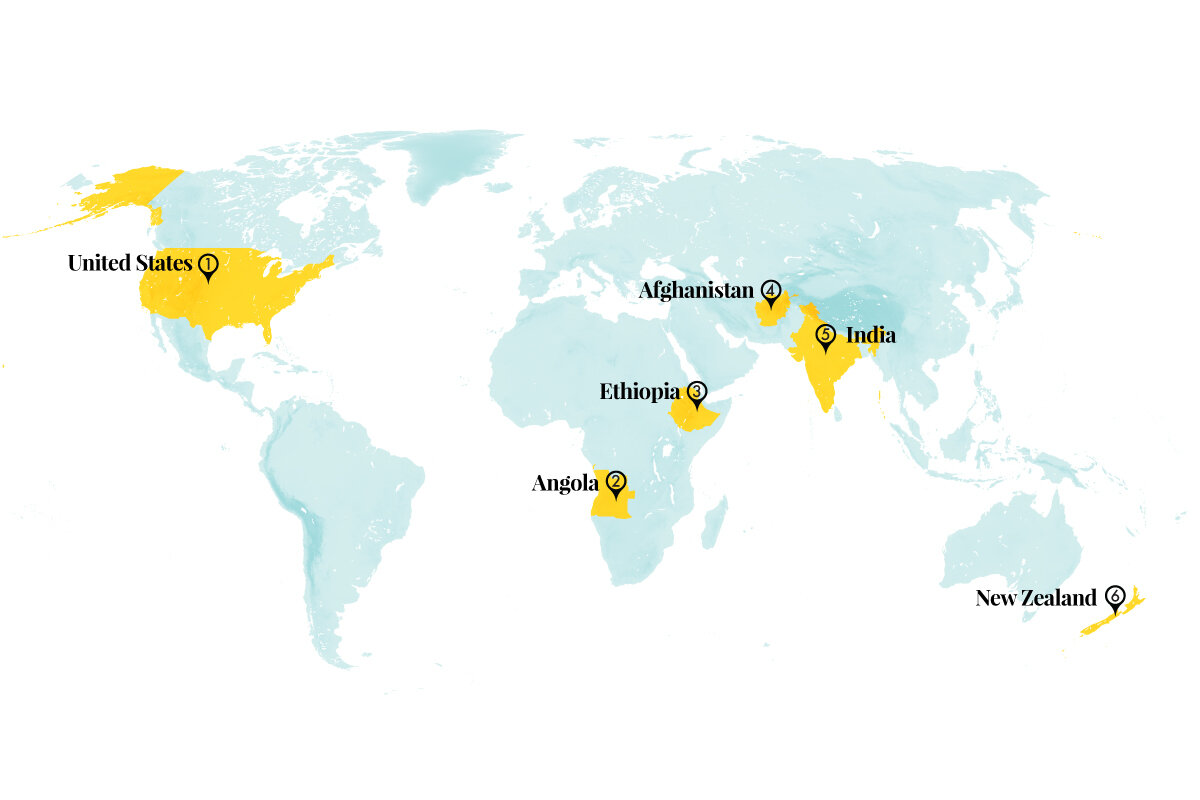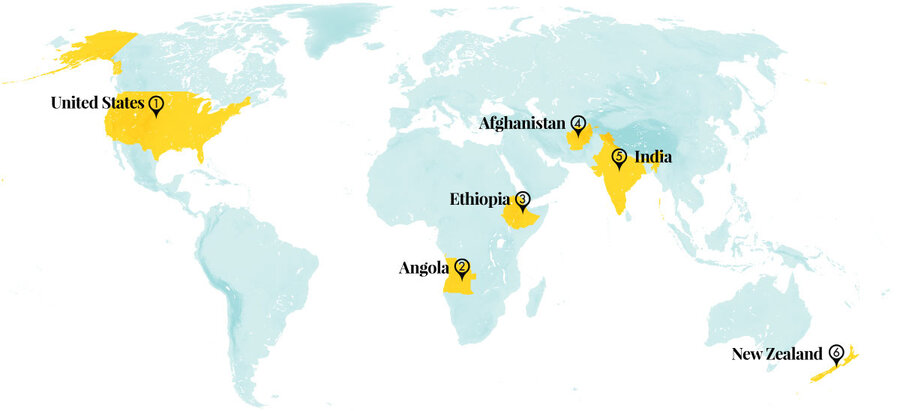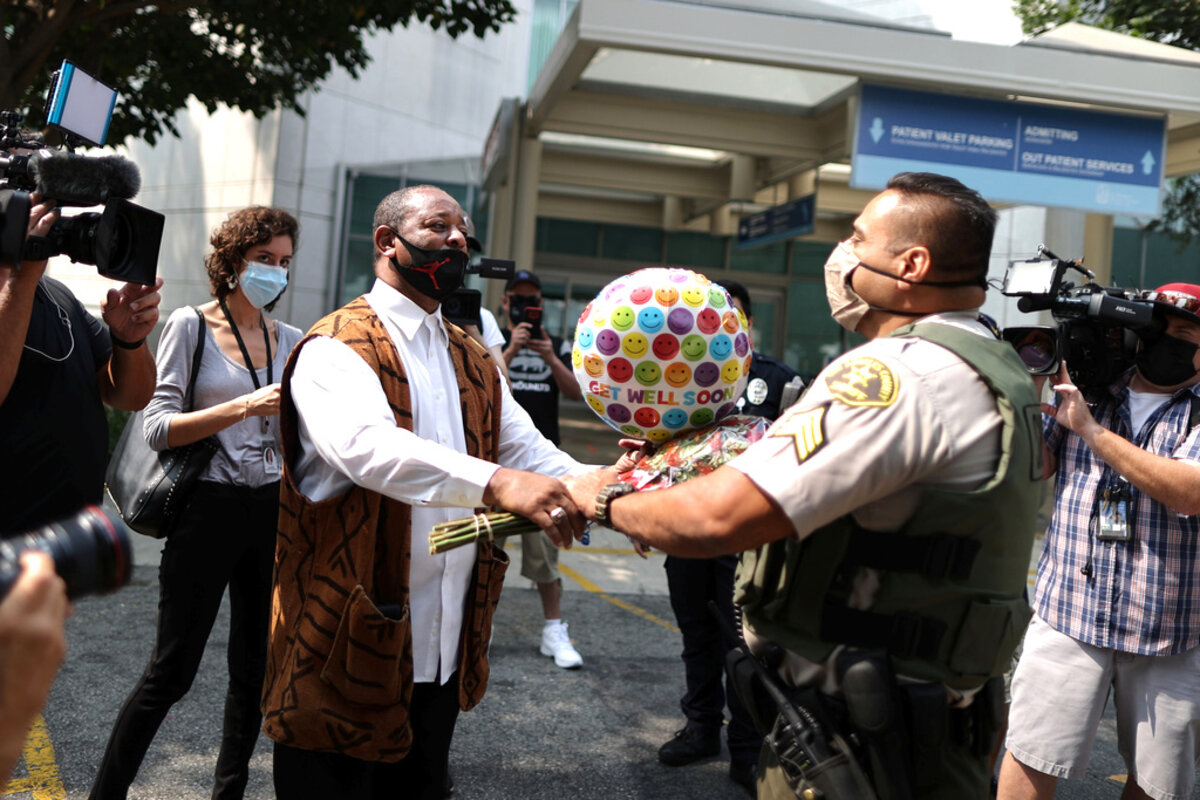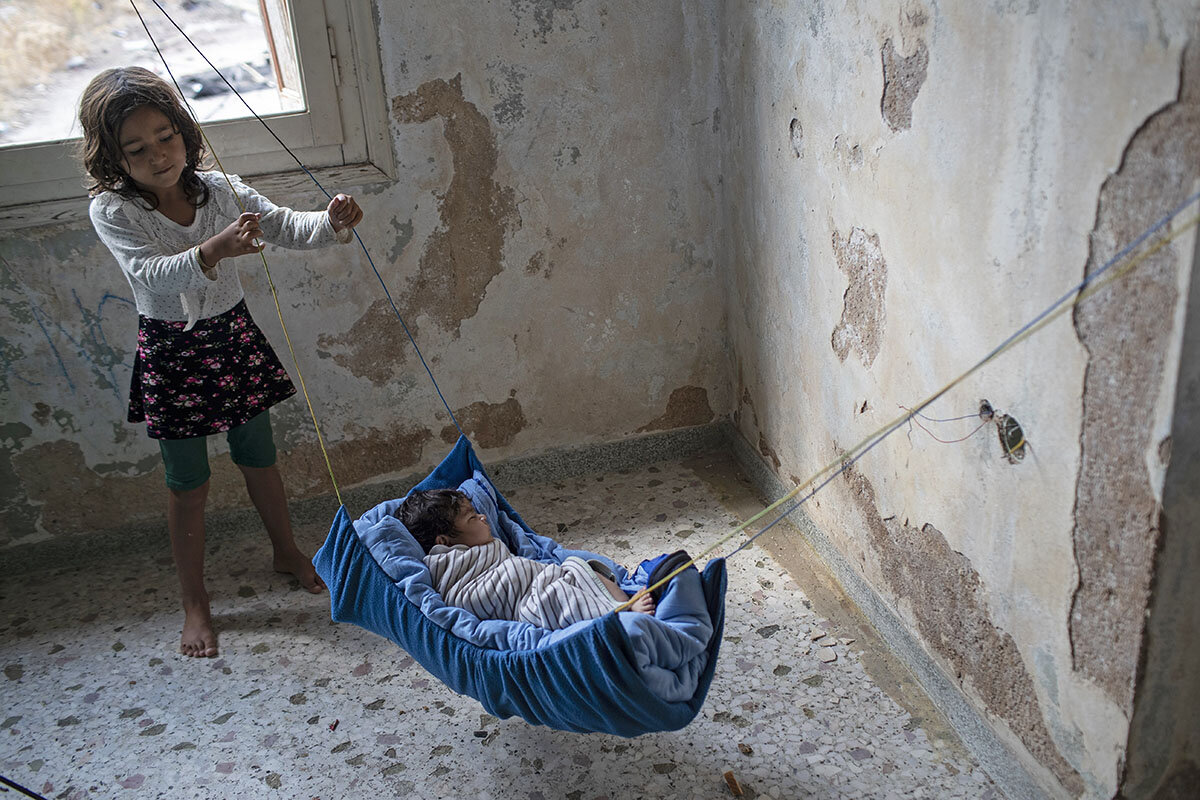In the world of Nobel Peace Prize politics, Donald Trump and Greta Thunberg, along with their constituencies, would seem to be worlds apart. But the key question is: Did they advance the cause of peace?
Monitor Daily Podcast
- Follow us:
- Apple Podcasts
- Spotify
- RSS Feed
- Download
 Noelle Swan
Noelle Swan
What do you picture when you think of the U.S. Marine Corps? Muddy recruits powering through epic combat endurance tests? Rows of impeccably starched uniforms marching in formation? How about protectors of threatened species?
This summer, Marines in Hawaii have been keeping watch over baby sea turtles. Marine Corps Base Hawaii assumed the responsibility this spring after green sea turtle nests were discovered on Corps training ground at Bellows Beach on Oahu.
The green sea turtle, or honu in Native Hawaiian, is a threatened species. Thanks to conservation efforts, Hawaii’s green turtle population has been increasing in recent years.
This was the first time green sea turtle nests were found on Bellows Beach. The Marines roped off the nests and recruited civilian volunteers to help monitor the turtles through the end of nesting season in October, Hawaii News Now reports.
Marines have incorporated species and habitat protection into their roster of responsibilities for decades. In the 1970s, federal legislation required the Corps to start to address the environmental impacts of training and to assume stewardship of the land used.
For Lt. Col. Timothy Pochop, the task is a labor of love. He spent much of his career flying helicopters, sometimes through dangerous missions. But as a zoology and environmental management major in college, he leapt at the chance to lead the Environmental Compliance and Protection Division at Marine Corps Base Hawaii. As he told Honolulu Civil Beat, “It’s not just about the legal obligation.”






